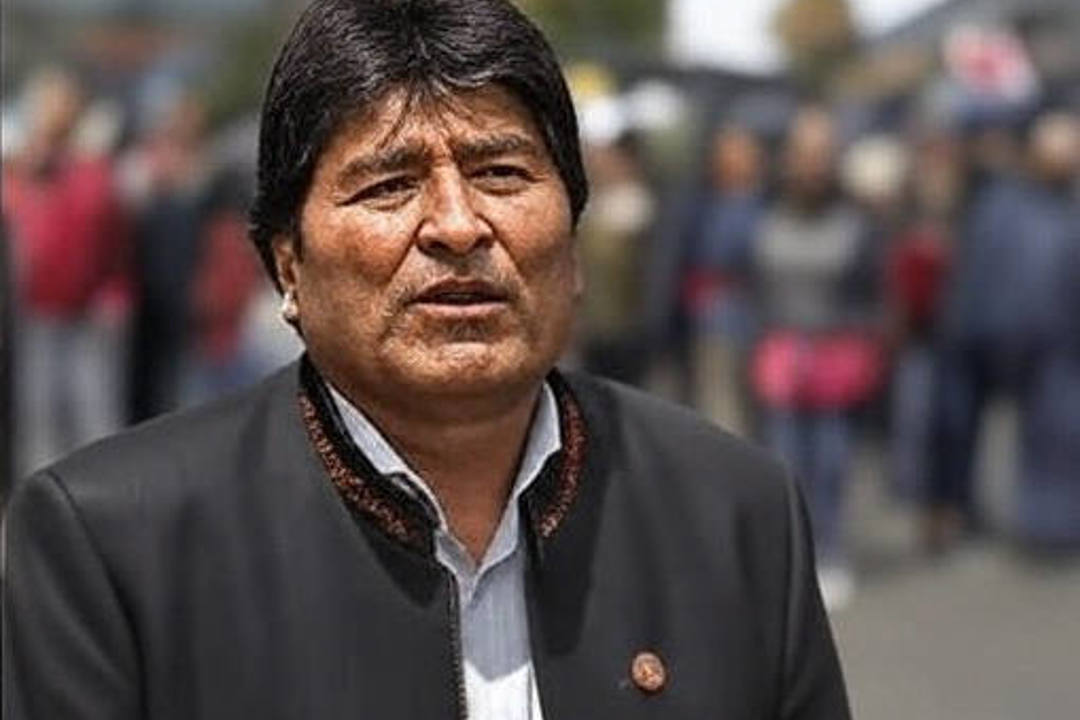
Bolivia’s Constitutional Court Ends Indefinite Re-Election
Legal and Constitutional Context
The ruling addresses a long-standing issue in Bolivia: presidential term limits. The TCP provided the following legal basis:
-
Article 168: States that the president and vice president may serve one five-year term and be re-elected only once, whether consecutively or not.
-
Supporting Articles: Articles 156, 285, and 288 reinforce principles of non-perpetuation in power and the need for democratic renewal.
-
Law 381 (2013): Confirms that only one re-election is permitted, explicitly prohibiting a third term, regardless of continuity.
-
Inter-American Court of Human Rights: The TCP aligned with this court’s stance that indefinite re-election is not an autonomous human right, overturning the controversial 084/2017 ruling that allowed Morales’ candidacy in 2019.
-
Political vs. Human Rights: The court clarified that political rights (such as running for office) must not be confused with fundamental human rights (like life, health, or work). International treaties, including Article 23 of the American Convention, must be interpreted in harmony with the Bolivian Constitution, as outlined in Article 410.
Case Background
The ruling stems from a constitutional challenge filed by opposition legislators, led by José Carlos Gutiérrez and Ayala of the Creemos party, who contested the legal basis for Morales’ 2019 candidacy. The Full Chamber of the TCP in Sucre reached a unanimous decision, considering it one of the most consequential rulings since the 2009 Constitution was enacted.